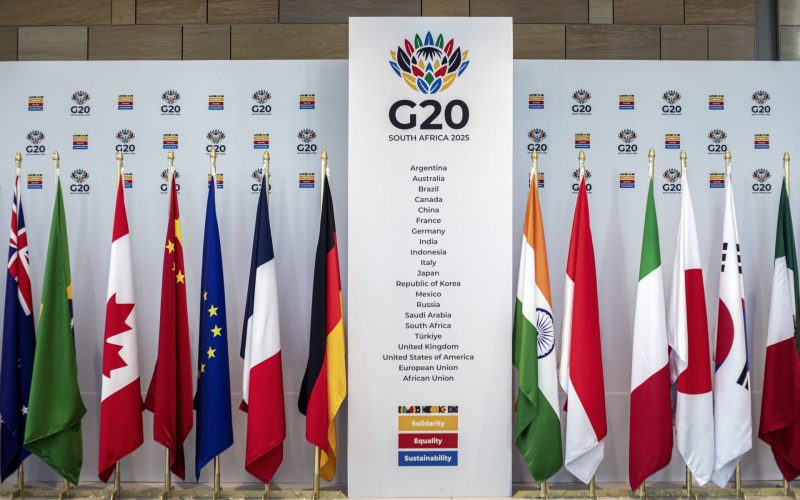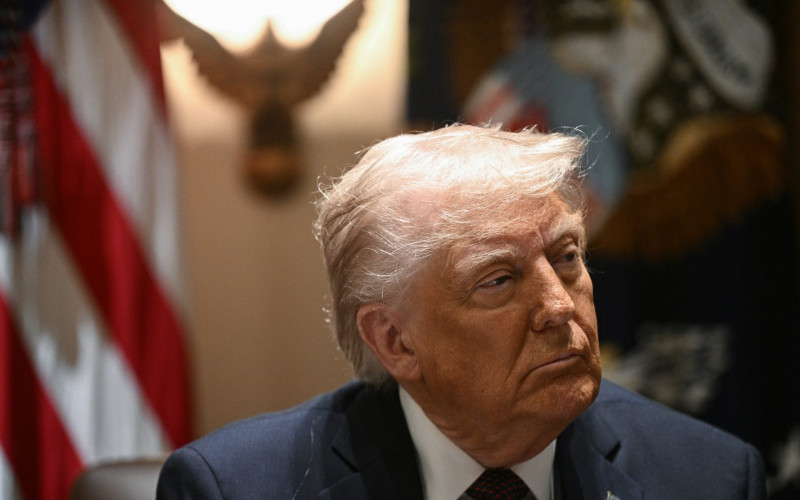This debate masks the most under-discussed story of recent decades: Asia has risen through the creative embrace of key Western values, Western science and many aspects of governance – not through their rejection. Displeased by the sense of Western triumphalism, many pundits argued that Asian values represented an alternative to the Washington Consensus. This alternative “Beijing Consensus” has been conceived in the hope that it would allow development without the disciplines imposed by the International Monetary Fund, which has insisted that African governments restrain politically expedient spending and live within their fiscal means. Able to command a level of obedience from citizens and frequently taking autocratic shape, Asian governments seemed to follow a different ethos. However, Asia does not owe its success to autocracy.
Asia’s rise cannot be separated from the rise of the West, which provided Asia with many forms of technology that were developed in the West and exist because of the capitalist systems that encouraged their development and rewarded investment in science and technology. Asia’s export-led development depended on ready-made, rule-based markets in the West that provided clear guidance about what the market demanded and on sophisticated retail and design functions in the West that reached out to cheaper Asian manufacturers. These Western markets reached their present level of sophistication and stability because of Western legal, regulatory and political values that encouraged capitalism. Arguing that Asia created its success unilaterally without the West is as a-historical as it would be to argue that the West arose in a vacuum without outside influence. Both Asia and the West grew with the minerals, ideas, trade and competition from many other parts of the world.
The Asian versus Western values formulation ignores how values have different effects at different times. Some of the Asian values that today seem to assist in creating a disciplined work-force and enable governments to manage state-led development efforts were for many centuries the same values that seemed to hold Asia in the grip of inefficient, inward-looking and autocratic systems.
In reality, Asia is dynamic because its values have changed and it has internalised many values and governance systems once thought of as Western. Asia has developed modern and disciplined institutions for managing monetary policy, banking, national budgets and the creation of long-term infrastructure – all of which were key elements of the Washington Consensus. The elements of the first reform plan that US officials demanded of Taiwan in the 1950s are substantially the same as the Washington Consensus. While Africa resisted efforts to create disciplined accounting and oversight mechanisms that would limit the powers of leaders to spend freely, Asia embraced those ideas. If it had not, it never would have been able to sustain long-term spending on national priority areas.
Africa should carefully consider some of the sub-systems that the West and Asia use to restrain the ubiquitous temptations of corruption and political expediency. Both Asia and the West developed workable systems to restrain the temptations of patronage and politically motivated hiring in favour of merit-based civil service exams that ensure competence. In Africa, many ethnic groups have treated merit-based hiring as some kind of trick designed to promote the interests of better-educated ethnic groups, which is a mindset that sees government jobs more as assets to be milked for private gain than as a means to give government the capacity necessary to serve public interests. This Asian and Western dedication to merit is part of a much larger complex of values and institutions, which recognise that the immediate indulgence of the leader’s whim is always a temptation but runs counter to the long-term interests of society.
The particular techniques used to achieve restraint on officials vary widely across Asia and the West, but the principle of restraint is accepted widely. The most basic skill of human society is how to create formal institutions that work according to a plan and find ways to restrain the temptation of every human being to pinch a bit for him or herself. This involves laws, regulations, audits, clear procedures and punishments meted out regardless of the political connections or long-service of perpetrators. More importantly it involves wrestling with questions of moral values and how to instill and enforce them. Laws fail when they are not supported by wide and deep acceptance of their moral premises by the public and civil servants. This is the core technology of governance.
Advancing a broadly accepted moral order is about action much more than public speeches. When ministerial posts are handed to people without qualification and no action is taken over corruption and mismanagement, very big signals are being sent about the primacy of politics over merit. If, in contrast, jobs were handed to technocrats, who only use merit to hire their subordinates, important signals go out about what steps advance careers. Where the signal is that politics is paramount, the upwardly mobile focus on greasing palms, factional fighting within parties and provoking unrest to demonstrate their leadership of restive factions. Where merit is signalled as the chief value, people learn it is best to get advanced degrees and focus on obtaining good job-performance ratings.
The rise of Asia continues to provoke debate about which is better, the Asian or Western way. In reality, Asia has been wise enough to embrace many important Western values including deep reverence for education and science, sound fiscal governance, the primacy of merit over politics, and the commitment to creating and implementing national developmental plans according to rational economic rather than narrow political considerations. Only in its embrace of democratic values has Asia lagged, but it is steadily expanding its practice of democracy and showing greater respect for the political freedoms that are necessary precursors to sound democracy. Africa should see in Asia not an anti-Western champion but a model of how to accept and embrace what works and restrain the personal desires of leaders in the interest of the broader public good.






